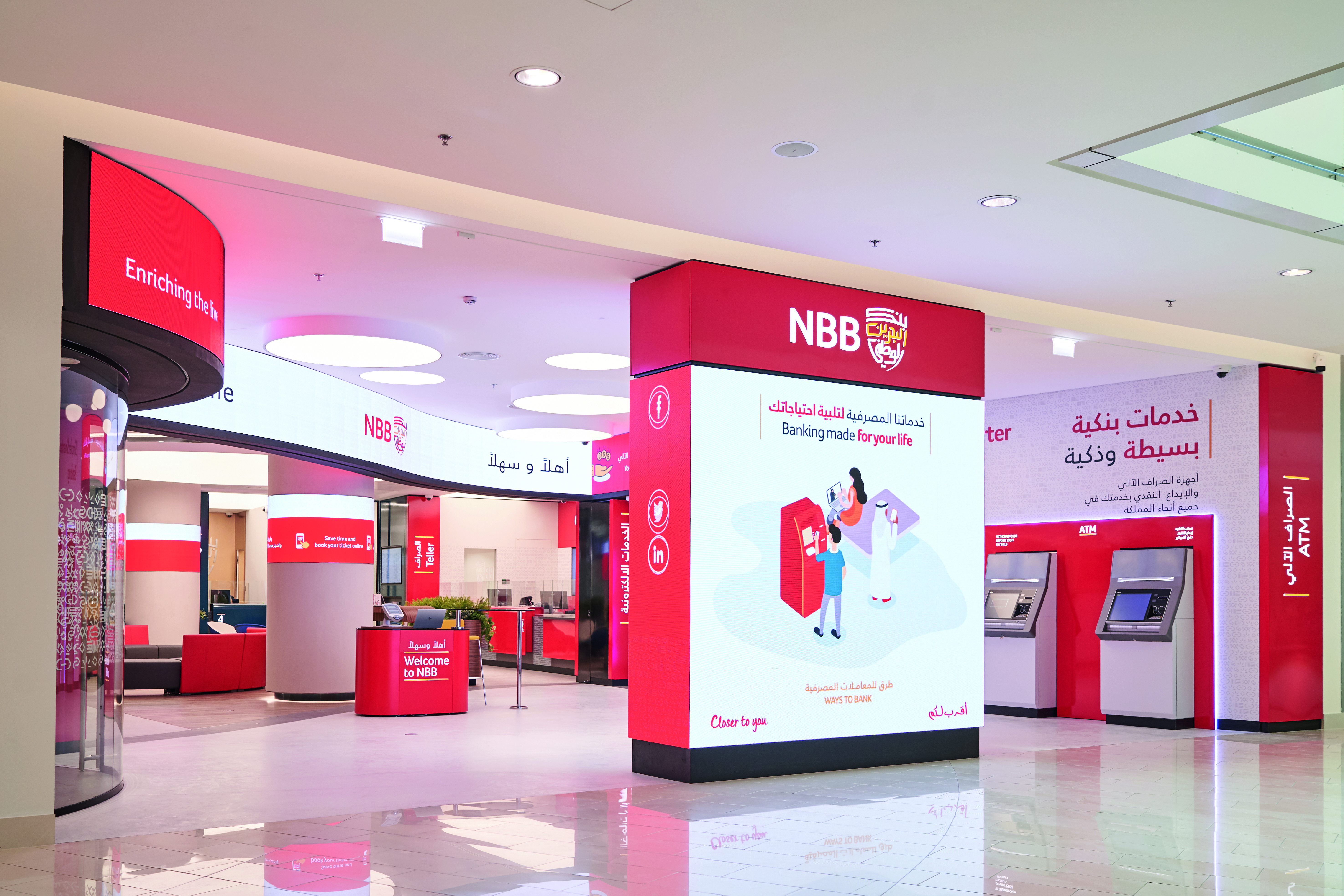
National Bank of Bahrain offers to acquire Bahrain Islamic Bank
Subdued credit growth, competition for deposits as well as higher cost of funds and deteriorating asset quality are driving consolidation in the regional banking sector.
The National Bank of Bahrain, which owns a 29 per cent stake in Bahrain Islamic Bank (BisB), has made an offer to acquire the entire Islamic lender following months of discussions as well as financial and legal due diligence for a potential offer for the Shari’ah-compliant lender’s issued shares.
BisB stated that the deal is subject to Bahrain’s biggest lender acquiring a minimum 40.94 per cent of the Shari’ah compliant lender issued share capital, NBB’s total stake to a minimum of 70 per cent for either cash of BHD 0.117 Bahrain per share or a share exchange ratio of 0.167 NBB’s shares per BisB share.
The price values the Islamic lender at BHD 124 million ($329 million). NBB is the second-biggest shareholder in the Islamic lender alongside the government.
Lower oil prices over the past five years are forcing Gulf lenders to consolidate for scale and to better compete in a crowded market. Subdued credit growth, competition for deposits, higher cost of funds and deteriorating asset quality are driving consolidation in the regional banking sector.
In the UAE, Abu Dhabi Commercial Bank merged with Union National Bank and the combined entity acquired Al Hilal Bank, creating a banking group with AED 423 billion in assets in May 2019.
Additionally, Dubai Islamic Bank and Noor Bank are also exploring the possibility of a merger, which is expected create a Shari’ah compliant lender with AED 277 billion ($75 billion) in assets. The Investment Corporation of Dubai is the largest shareholder in DIB with a 28 per cent stake and it is also one of the biggest investors in Noor Bank.
S&P Global Ratings said that given the overbanked nature of some GCC banking systems, further consolidation could help improve banks' performance and financial stability hence a new wave of M&A motivated by purely economic reasons could follow, but it may take longer to be realised.
Similarly, in Saudi Arabia, National Commercial Bank is in the process of merging with Riyad Bank to create the Gulf’s third-largest lender with $193 billion in assets.




